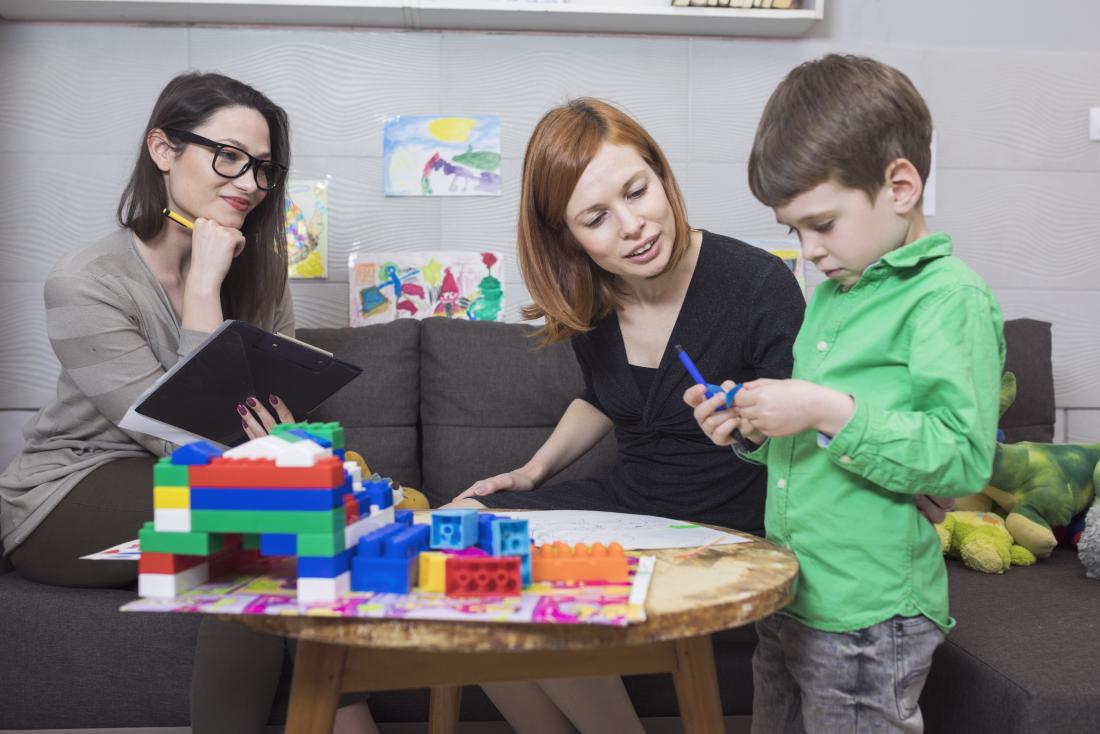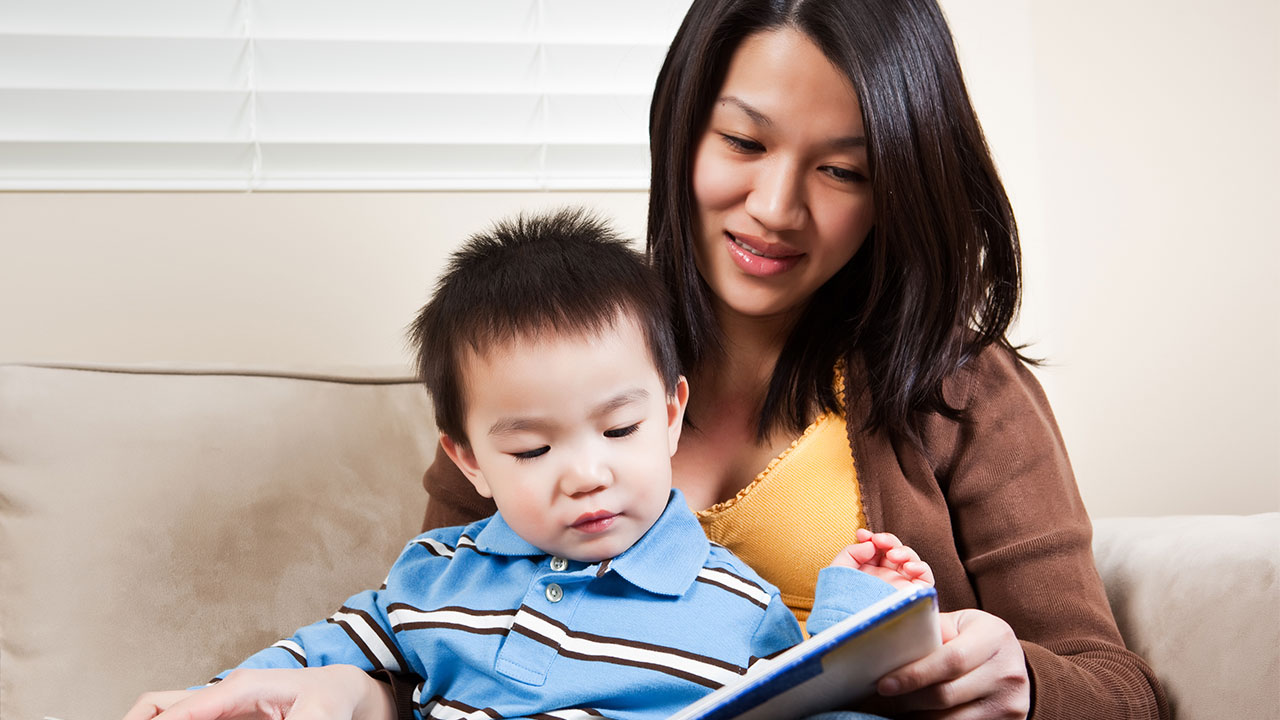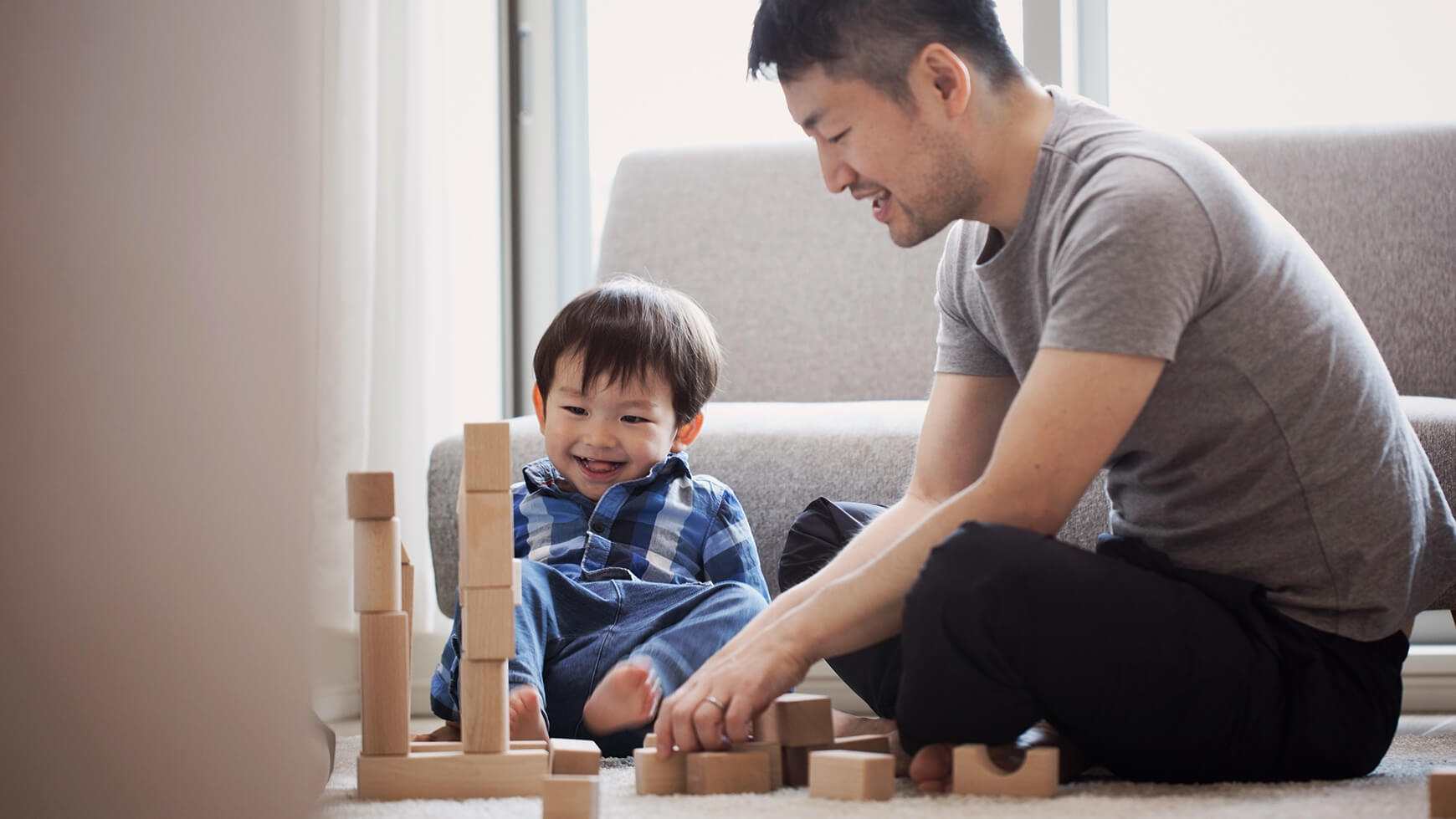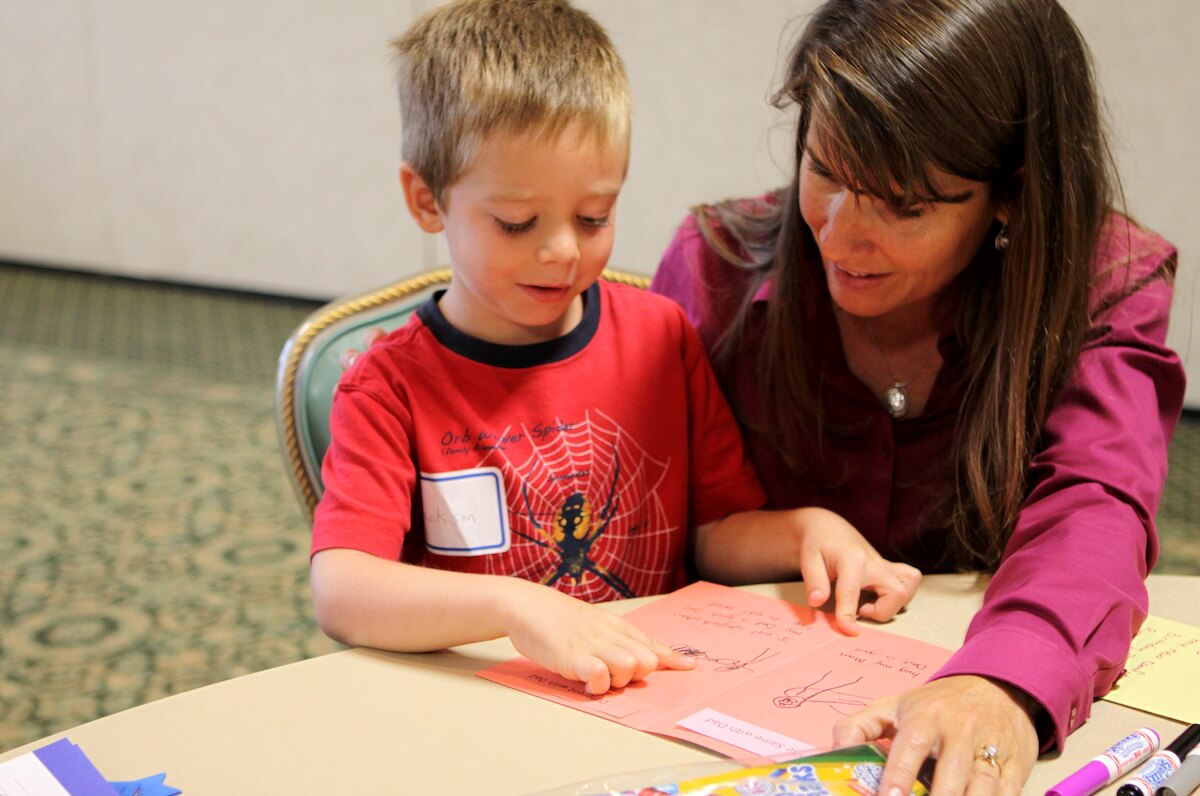A lot of children start to develop their speech as early as a few months old. From the cries and coos to the mama’s and papa’s, babies are constantly learning and developing their speech through their environment.
By the age of 3, most children can converse in short sentences, identify common objects, and follow simple instructions. However, there may be cases wherein a child may have difficulty speaking their minds and expressing themselves intelligibly.
If your child is experiencing a speech delay, do not worry. Speech delays are more common than you think and can easily be solved with early intervention.
What is a Speech Delay?

source: medicalnewstoday.com
It isn’t uncommon to hear that your child may have a speech or language delay. Although they may sound similar, these two are different from one another.
Speech and language delays are two of the most common developmental delays experienced by children. Speech refers to the articulation and sound generation that comes out of one’s mouth. A child experiencing speech delay may have trouble pronouncing particular words. Language, on the other hand, refers to the meaning of sounds, including non-auditory gestures. Language delay is exhibited when a child finds it difficult to express and understand themselves and/or others.
Children can have one delay or the other, but it’s not surprising to see these two issues overlap.
Speech delays can be caused by physical, mental, and/or circumstantial factors.
Even if speech delays are present, this does not necessarily indicate that a child is slow to learn. Children typically hear and understand words before they can say them, so don’t worry too much if you think your child isn’t learning!
Remember, proper stimulation and health monitoring are key to your child’s growth. Give them opportunities to speak out, respond, and make sure to foster a loving and caring environment inside your home.
What’s Normal?

source: raisingchildren.net.au
Many factors could affect a child’s speech development. For example, multilingual households may make it difficult for a child to mimic sounds at first, but will, later on, have better verbal skills compared to unilingual households.
Although the child’s situation may differ from household to household, you can compare your child’s development to their peers to give an idea of what’s normal at their age group. To help keep track of your child’s development, here are several speech milestones to more or less gauge their progress:
- From 1 to 3 months old, babies tend to smile and coo in response.
- From 4 to 6 months, babies use a more diverse auditory response such as sighs and gurgles.
- From 6 to 9 months, babies start to copy sounds and are usually able to repeat single syllables.
- By 12 months, babies are able to speak their first words.
- From 2 to 3 years old, most children are able to use short sentences to identify common objects and converse intelligibly.
What Should Be Assessed?

source: washingtonpost.com
To help identify whether or not your child has speech delays, here are some questions you can ask:
- Does your child prefer to communicate with gestures rather than sounds?
- Has your baby’s physician identified any oral problems with your child?
- Has your baby’s physician identified any hearing problems?
- Has your child been diagnosed with any intellectual disability?
- Does your baby respond to conversations?
How is a Speech Delay Diagnosed?
Toddlers progress and develop at different rates. Most of the time, 2-year-olds experience language or speech delays but are able to catch up by the age of 3.
During the early stages of your child’s growth, it is important to regularly consult your pediatrician. Your pediatrician will typically ask about your child’s development, including their speech habits and behavior aside from the usual physical and mental check-ups.
If a child is suspected to have a speech delay, the first thing pediatricians usually check is their hearing. Even if kids seem to hear perfectly fine, children are capable of understanding through visual cues when in fact they cannot properly hear what is being said or done.
The next step is to identify if your child has any oral problems that can hinder their speech. Typically, physical differences in the mouth shape, tongue, chin, and other parts of the mouth can make it difficult for your child to reproduce certain sounds.
Lastly, it’s important to observe and take note of your child’s mental health. Constant stress or intellectual disabilities may prevent your child from speaking sooner rather than later.
In these cases, your pediatrician may refer you to other specialists to help identify what exactly is wrong and how you can help mitigate its effects.
When Should I Seek a Professional?

source: understood.org
Should there be anything wrong with your child’s speech, early intervention is a must. Research indicates that speech and language delays early on in a child’s life may lead to difficulty in their behavior, socializing, and reading.
Speech therapy can help assess and treat most communication problems your child may be experiencing. Speech therapists can help your child overcome the most common speech and language disorders.
Remember, your child’s growth depends mainly on you. If you feel like your child needs help, it doesn’t hurt to reach out and seek professional help.
What You Can Do for Your Child
The parents are the ones closest to their children, and in most cases, the home is where the child learns first. As their first teacher, there are several things you can do to encourage your child’s speech.
- Converse with your child, even if you think they won’t understand it.
- Play interactive games with your child.
- Narrate what you’re doing with proper gestures.
- Identify common objects and colors while bonding.
- Repetition is a powerful tool to help your child learn.
- Use simple tunes to capture your child’s attention.
- Let your child speak for themselves and avoid criticizing mistakes.
- Give choices, ask questions, and listen.
Speech and Language Therapy for Children

source: banterspeech.com.au
Parkwood Clinic specializes in helping young children develop their speech, language, and learning. We offer multiple services that can help both your child and you, the parents, in creating an ideal place for your child’s growth.
From expert assessments to parental training, our clinicians and staff are more than capable of helping your child develop good speech and language habits. With our simple programs, your child will be able to learn proper communication skills to help them express themselves more freely.




